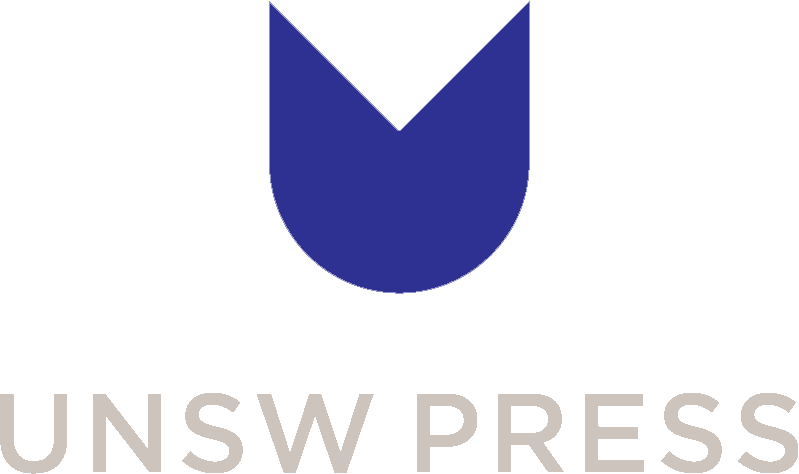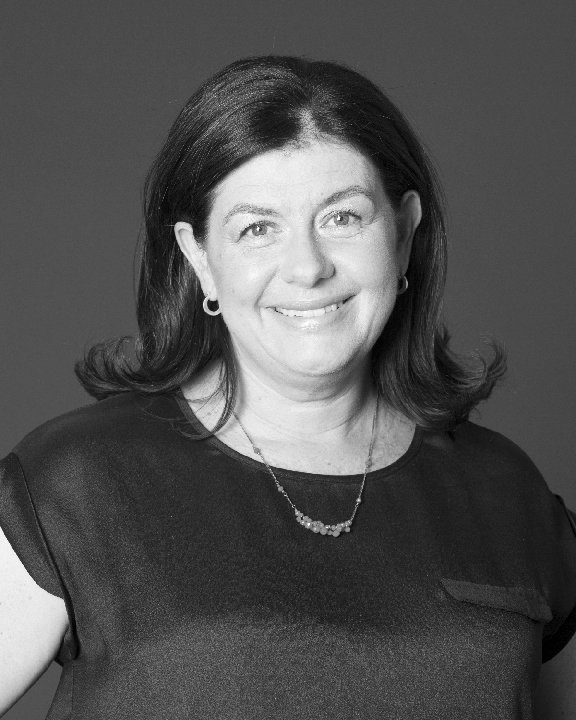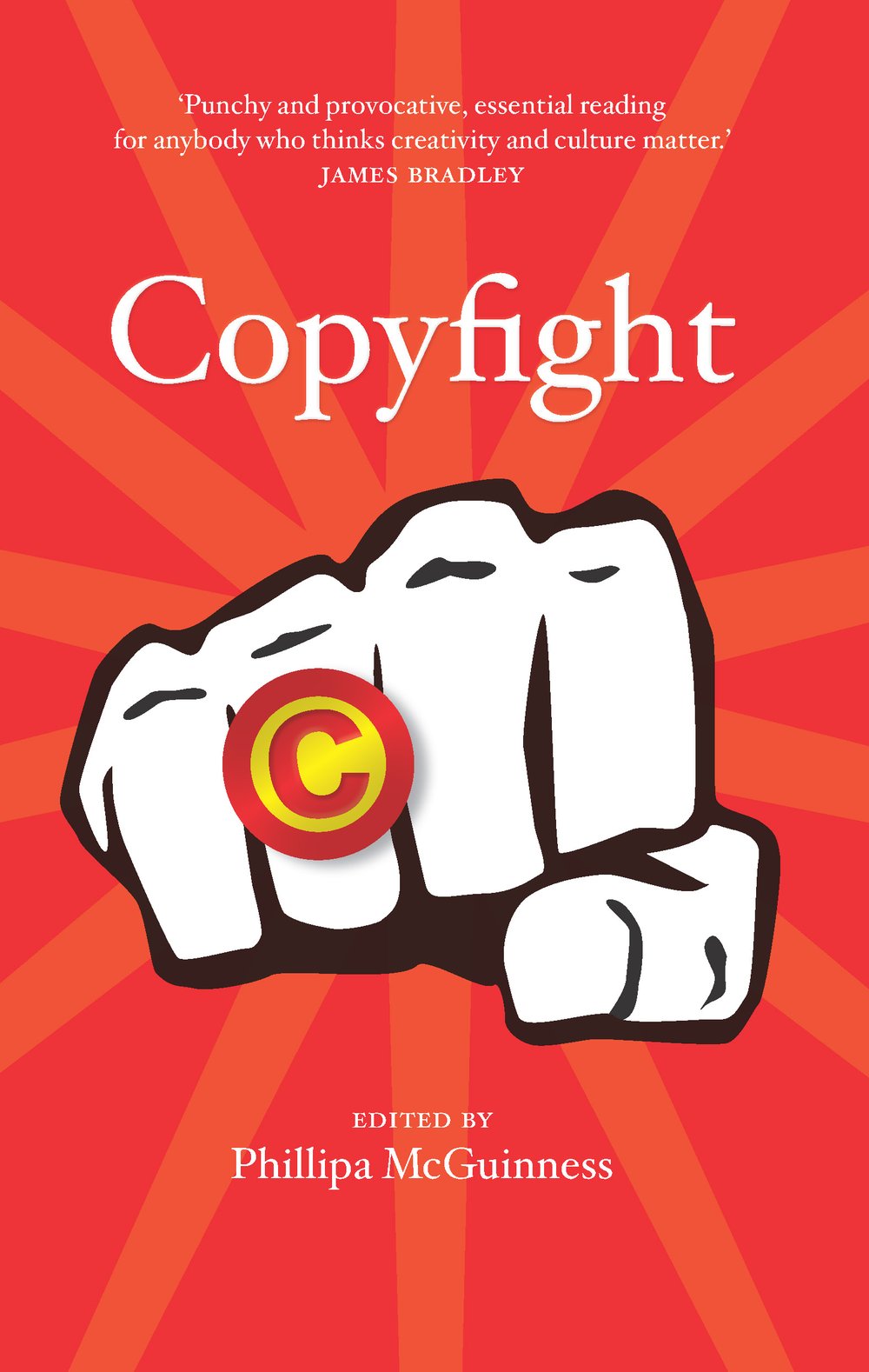Have we forgotten how to pay for content? Phillipa McGuinness considers the future of creativity in the internet age.
The skill set for being a publisher and being an author is not the same. As a publisher I’m all about encouraging and cajoling, combining those heartfelt efforts with negotiations over contracts, deadlines and word length, not to mention editorial approach and emphasis. It’s not all good cop scenarios; at times bad cop publisher will pick up the tough love playbook, firing threats and ultimatums at blocked or recalcitrant authors. Sometimes I’ll even act on them.
When people have asked me whether, after publishing hundreds of books over decades, I am tempted to write one myself, I have always said no and meant it. It’s true that I am very happy being a reader. And I love being a publisher. It’s not about power, though goodness knows I covet the resources to underwrite offers of the biggest advances in town. It’s about engagement – with good writing, ideas and authors. And like all publishers, part of my job involves financial spreadsheets, so sales are important too.
My attitude to most edited books has been consistently negative. Too hard, too incoherent, you never get the people you want to say what you would like them to say and not enough people buy the finished product. So while I have published quite a few collections and many of them have been successful, generally when prospective authors contact me and say ‘I know you don’t like edited books, but this one will change your mind. . .’ they are not on the money. A polite rejection note from me inevitably follows.
So what measure of hypocrisy has led to the publication of a book with my name on the front? As editor, no less, of a collection of essays, the very thing I so often rail against? The short answer is pragmatism. And urgency, prompted by the subject of the book – how do we value creative work in our digital age?
As I say in the introduction to Copyfight, the principles of copyright have been central to my whole working life. Not technical questions to do with assigning or licensing rights, rights reversions, territorial rights and the like, but a fundamental belief that an author owns her work and will enter into a relationship with a publisher to bring it to the world. In this scenario financial remuneration for the author, however modest, is a given. And making money is part of the deal for me too; I may work for a non-profit company, but I want a salary, thank you very much.
Yet if copyright is the glue that binds book publishing – and so many other creative industries – it seems to be becoming unstuck. If relationships between authors, publishers, booksellers, distributors and readers were troubled in the publishing industry, they seemed to be crashing and burning in the music industry. Business and creative models for making film and television were wobbling. Photographers were being laid off from newspapers, along with journalists, radio announcers, TV producers, investigative reporters. And content pirates seemed to be getting more brazen.
Does the digital revolution mean that quality work has to be free? Do we work for love alone and watch the money become tech company profits? Do consumers hold all the power now? To me, these seem to be some of the key questions of our time. So on cue, wearing my publisher’s hat, I thought ‘we should do a book about this’. And as I started devising a wish list of writers who might be a part of the project and thought about the as yet unnamed editor who should brief them, the idea formed in my mind that, for efficiency sake, I might be that editor.
And with the financial support of the Copyright Agency Cultural Fund to whom I pitched the idea, that’s how it happened. My NewSouth colleague, publisher Elspeth Menzies, signed me up and I found myself committed to delivering a book.
It was so gratifying to have nearly all the writers I approached to write for the book sign up. But even better was having them deliver pieces that engaged with the key issues and interrogated their own experiences with passion and insight. I was so committed to having unfiltered voices of creators that I interviewed composers, writers and producers for breakout pieces throughout the book. This was a new experience for me, but one I loved though the task of transcription meant that my earlier interviews were more free-flowing than the latter ones.
I took a month off from my real job and immersed myself in the book, its ideas and contributors. I loved the intensity and focus of this; the adrenaline of it woke me at dawn and made me want to ask my children to consider having toast for dinner in the evenings. I met my deadline for Elspeth, knowing that if I didn’t karmic retribution would follow and every author I ever signed up henceforth would deliver late. And I enjoyed the editing process and loved seeing my publishing colleagues from another perspective.
As Copyfight is about to be published I feel the anxiety all authors feel. I can pre-empt some of the criticism that will come from all quarters, not least because this is an issue that is, well, adversarial, with great hostility between downloaders and copyright holders. (If you haven’t noticed the fervor with which these issues are discussed, the recent case about the Dallas Buyers’ Club is a good introduction.) But one of the key words to emerge from the book is respect. Without wanting to get too Pollyanna-ish, I hope that respect is what characterises the book’s reception, beginning with respect for copyright and all it stands for. As someone who has crossed to the other side, from publisher to author, I certainly have increased respect for all who are part of this creative process. And a fervent desire that we find ways to keep it going, even in a world where we’re told content wants to be free.
***
Copyfight, edited by Phillipa McGuinness, is out now from NewSouth.Catch Phillipa in conversation with contributors to the book at the Sydney Writers' Festival on May 22.



